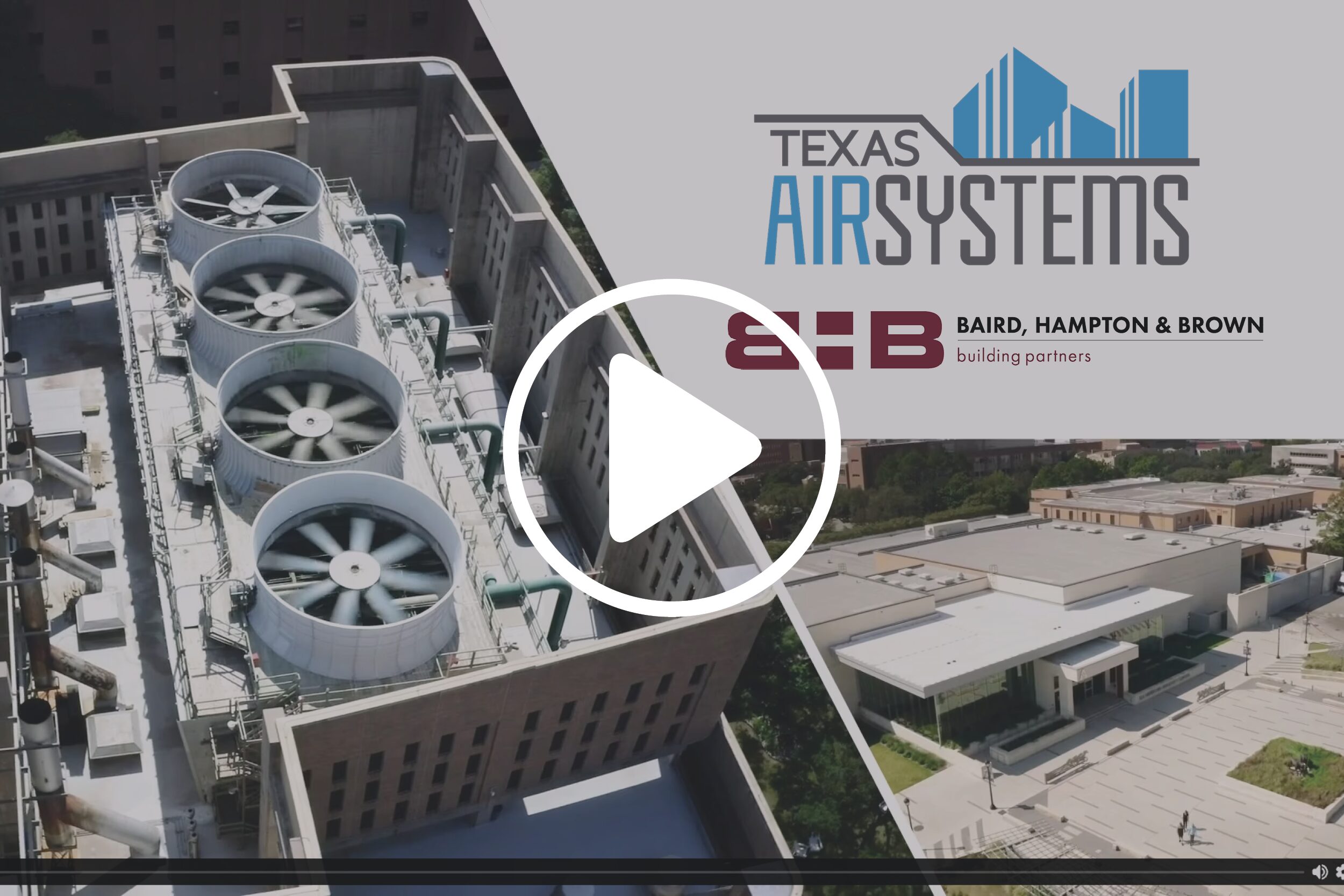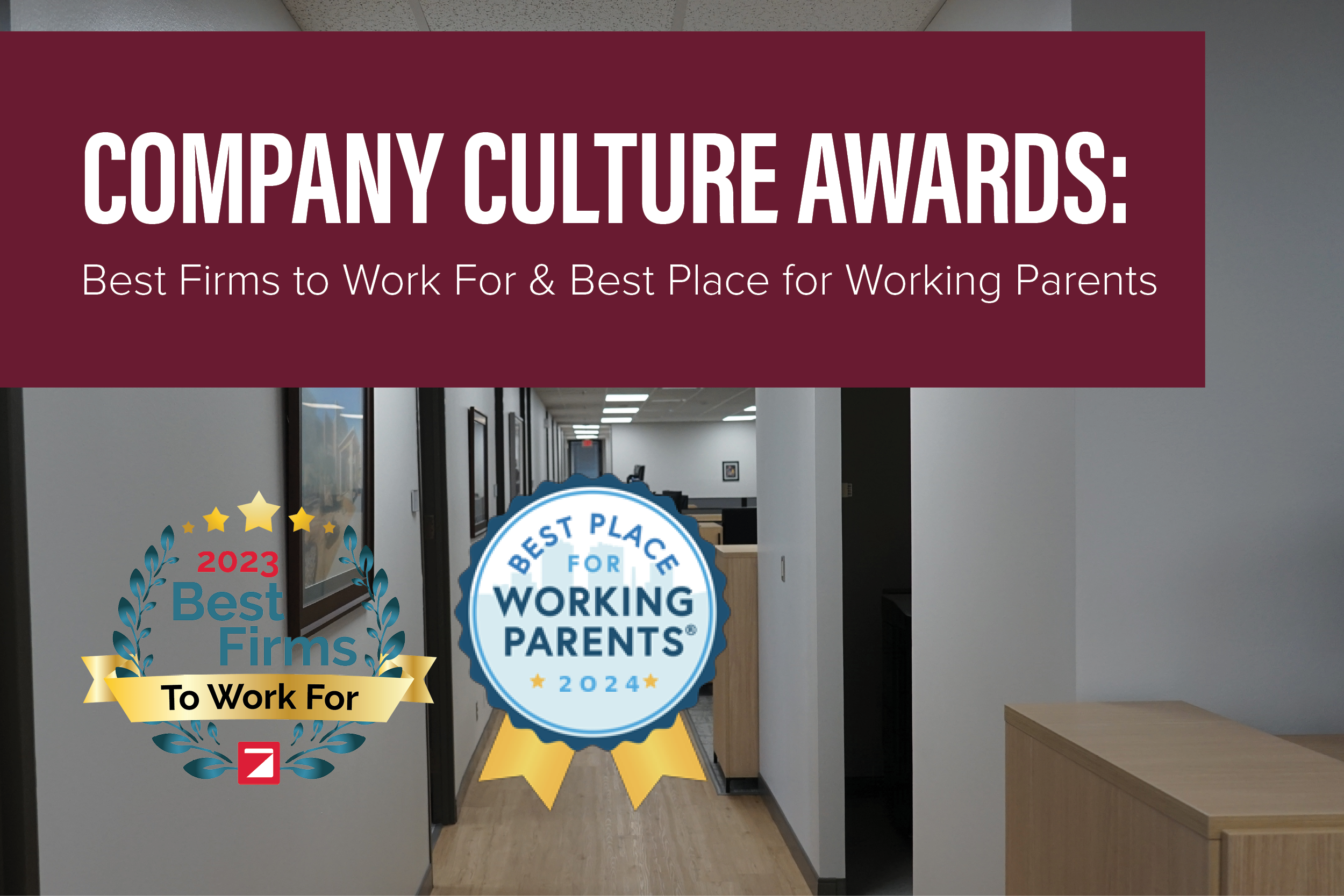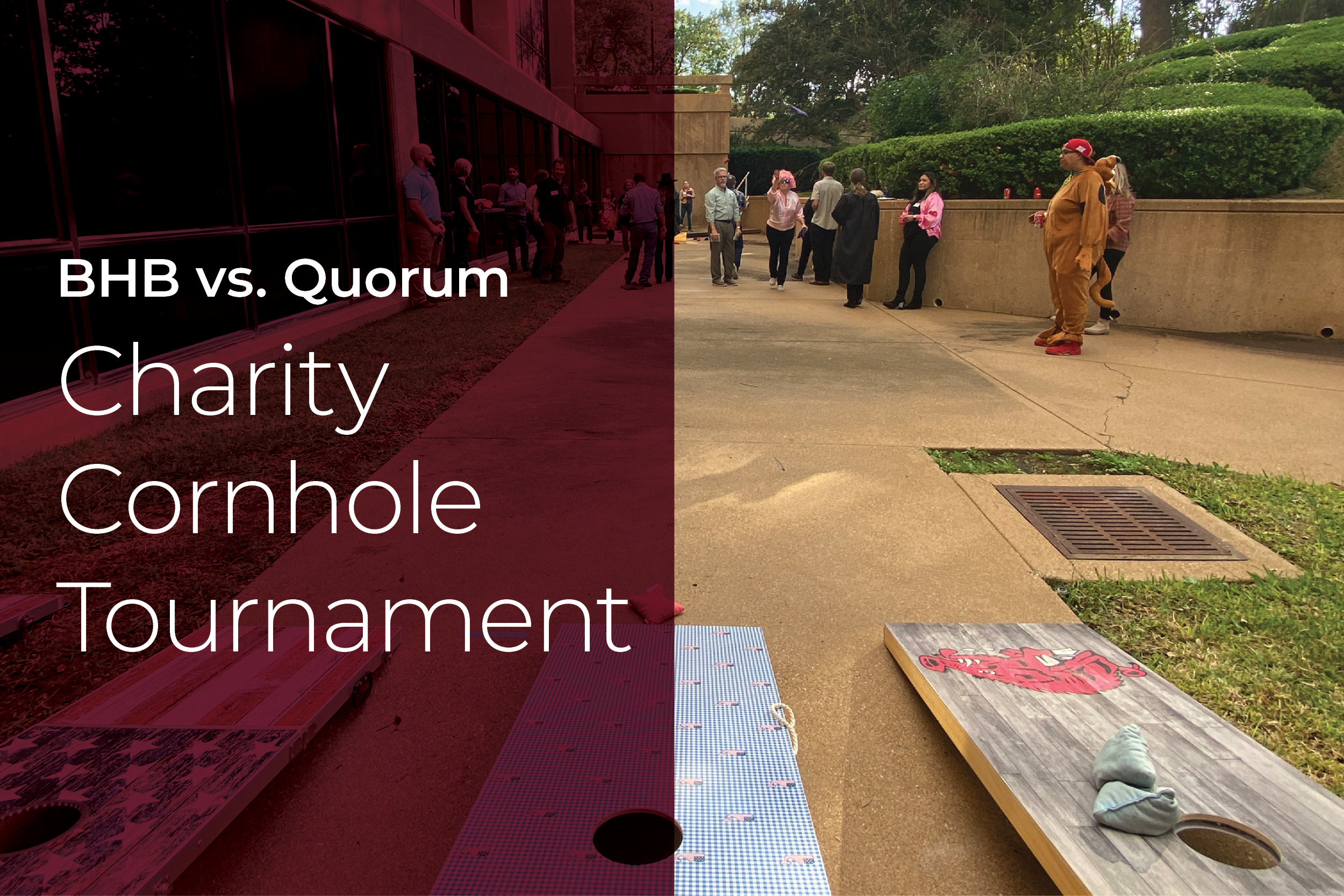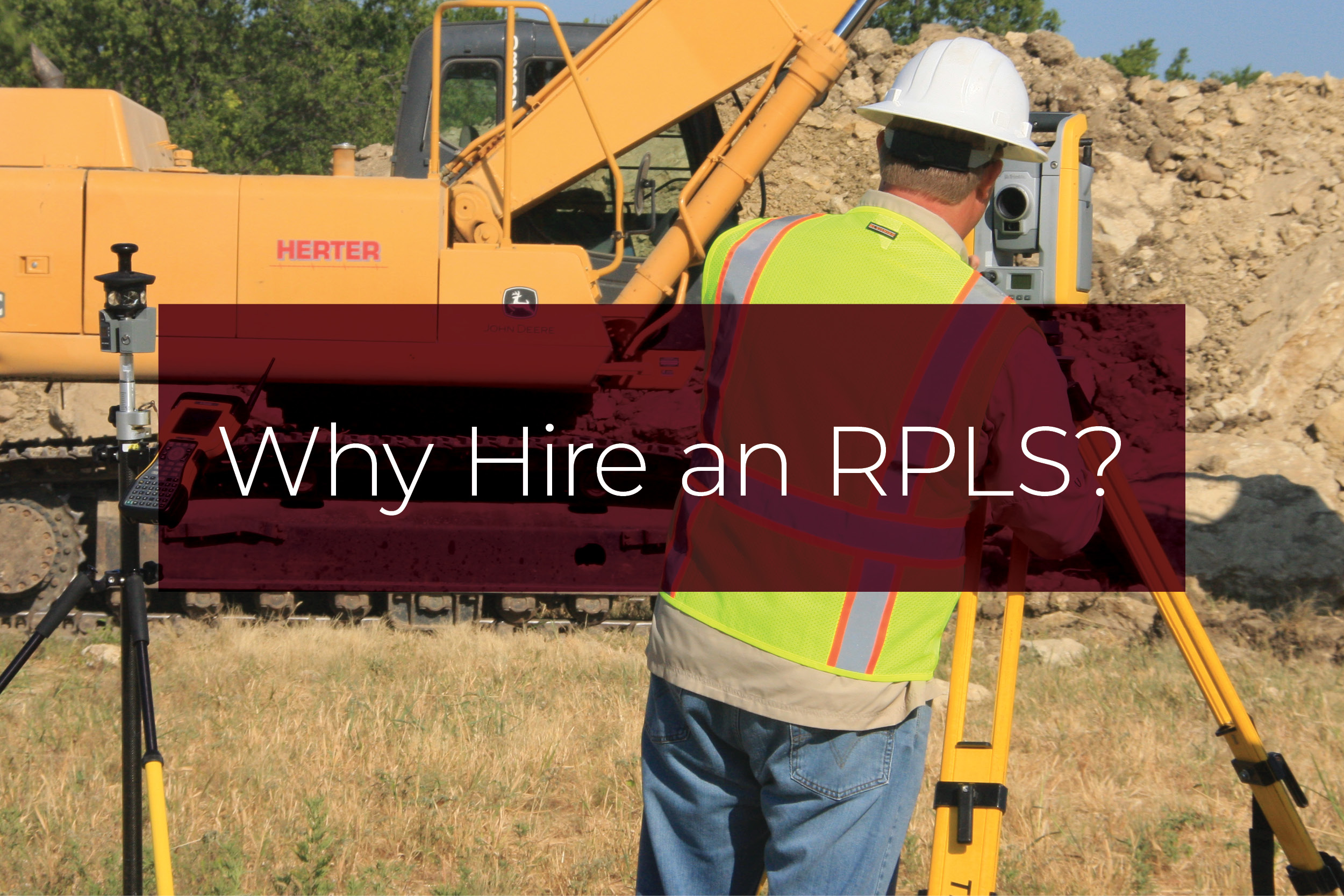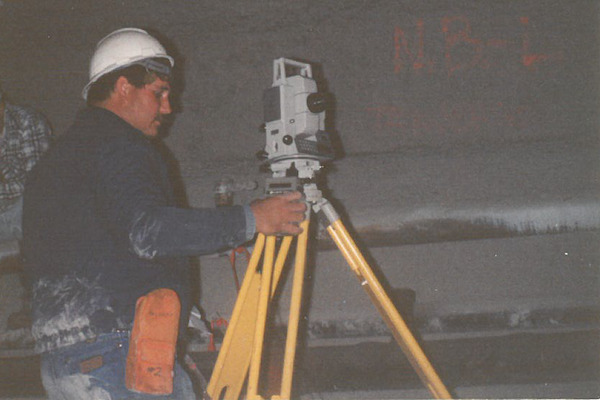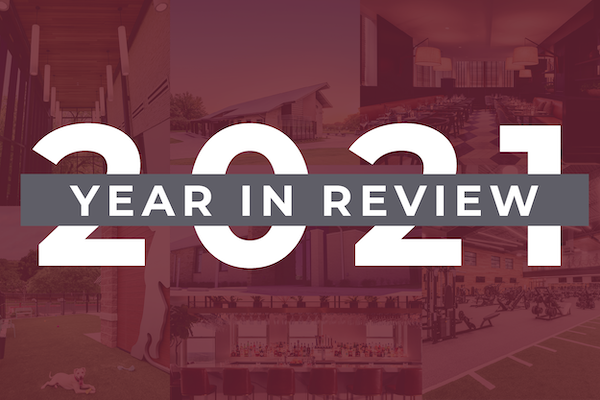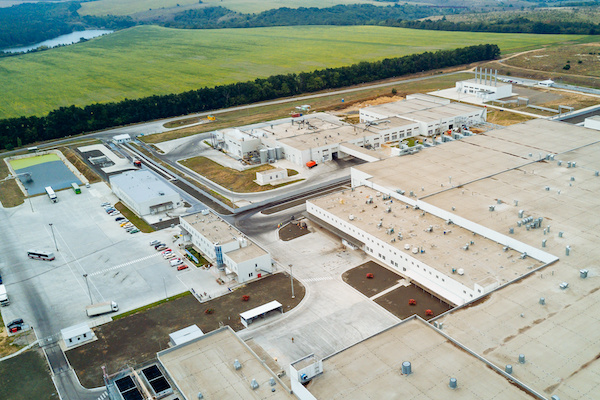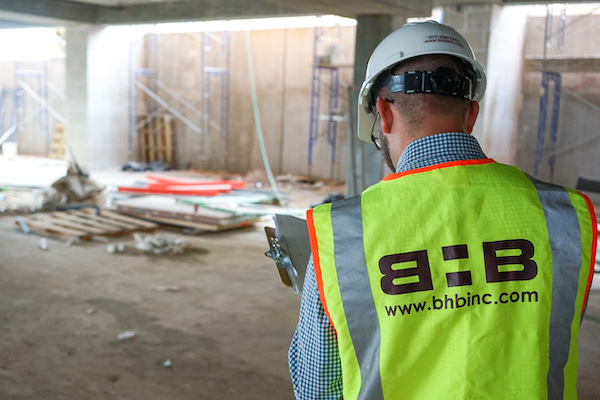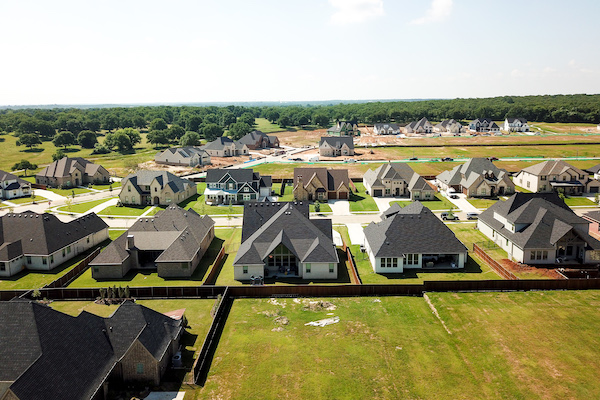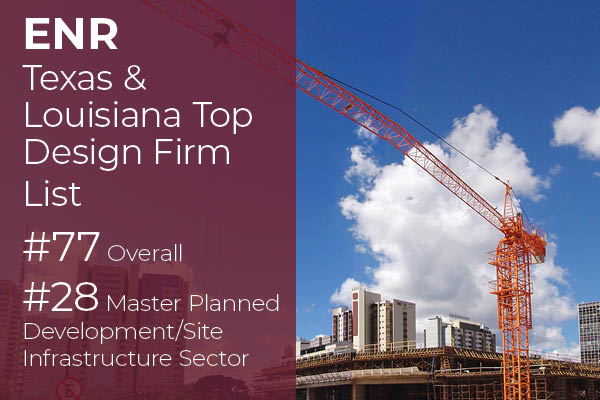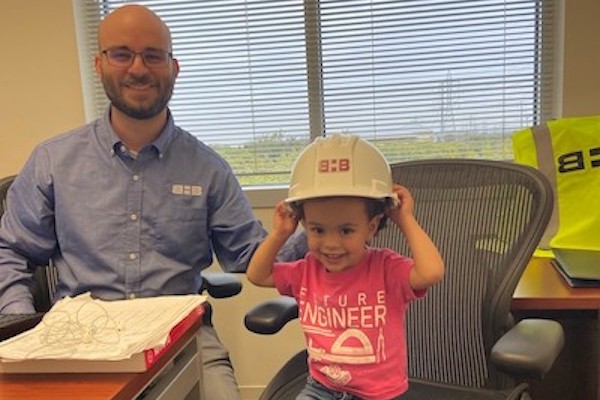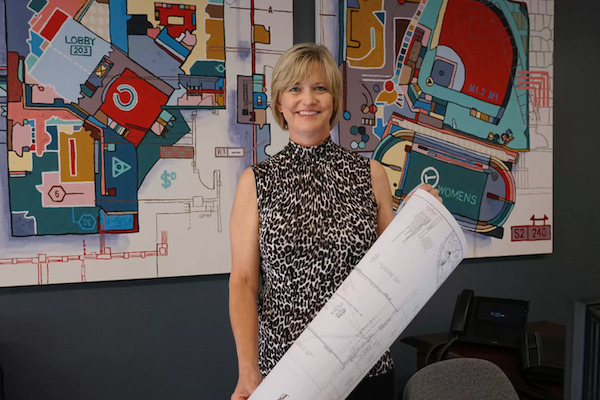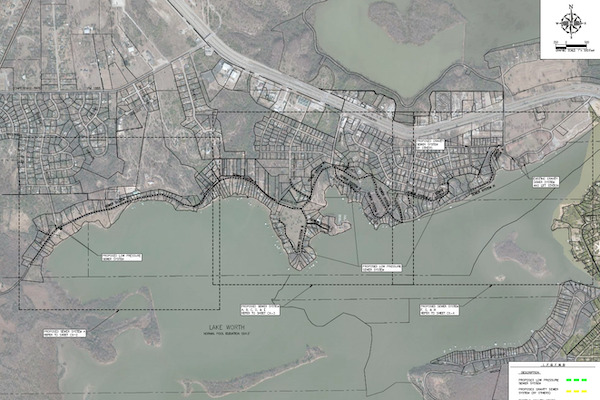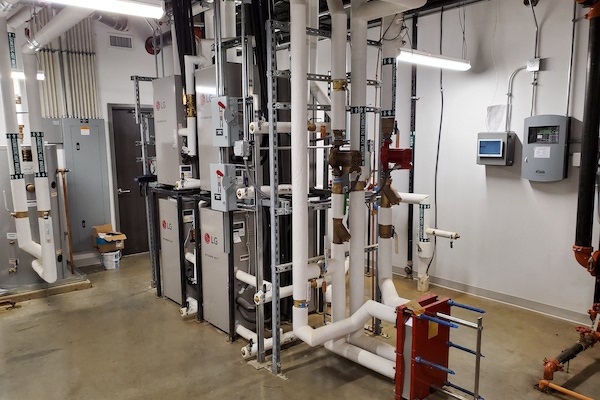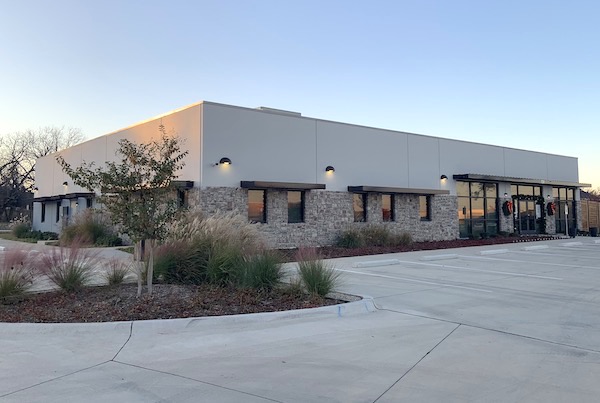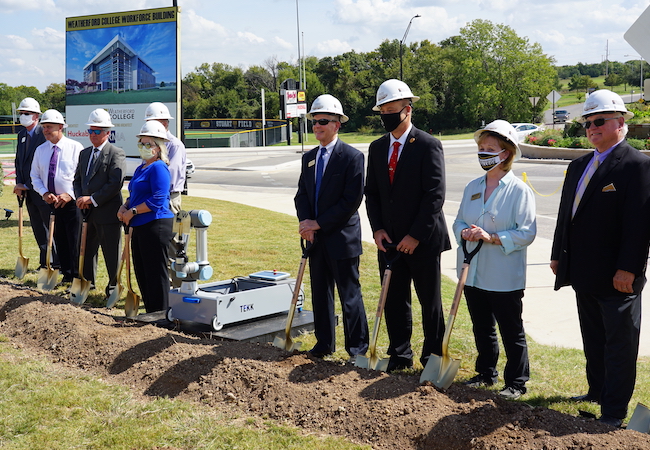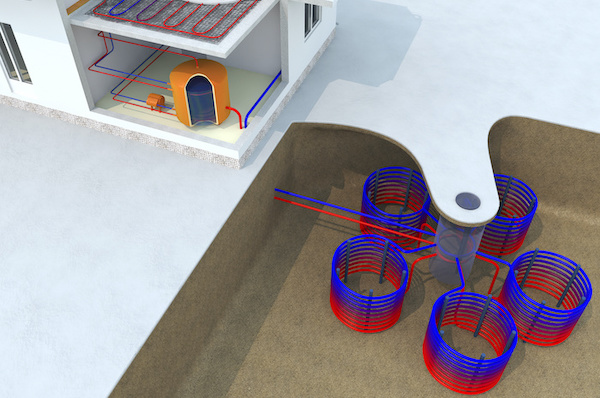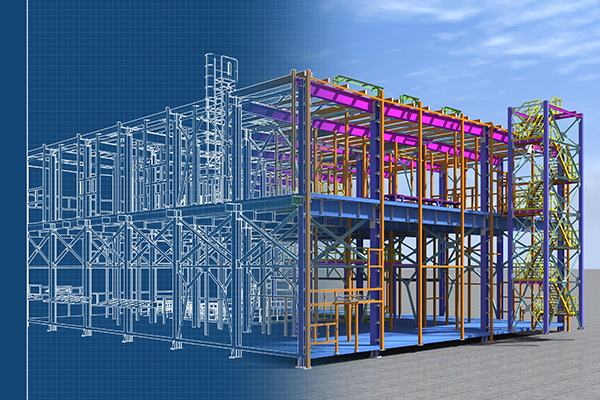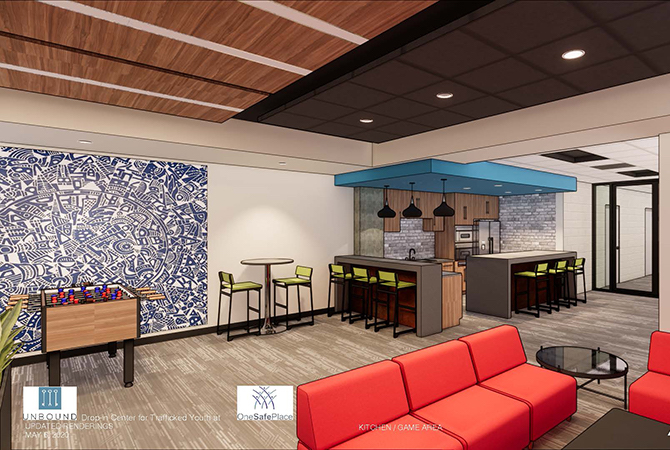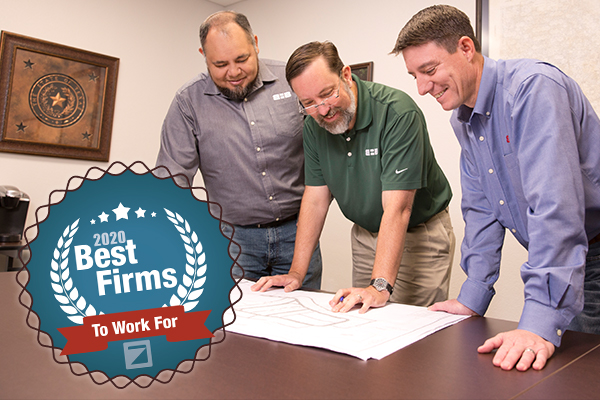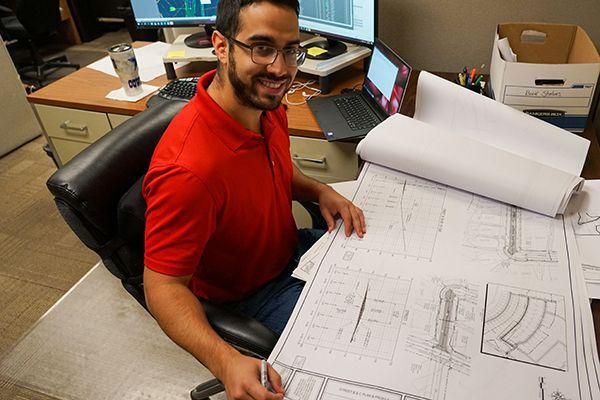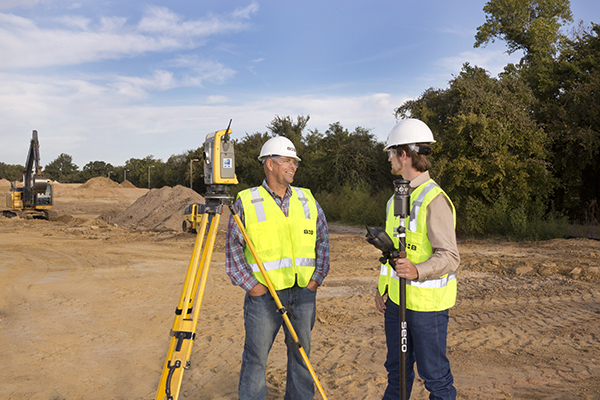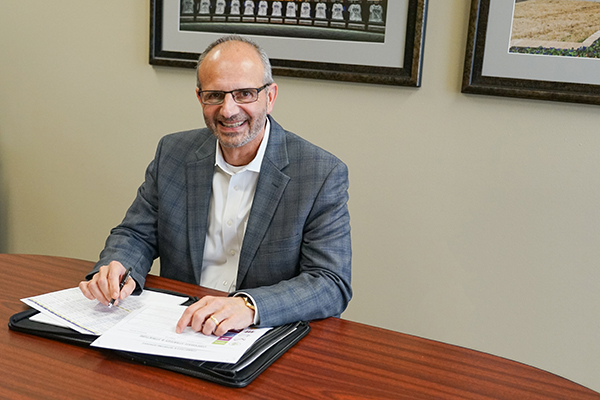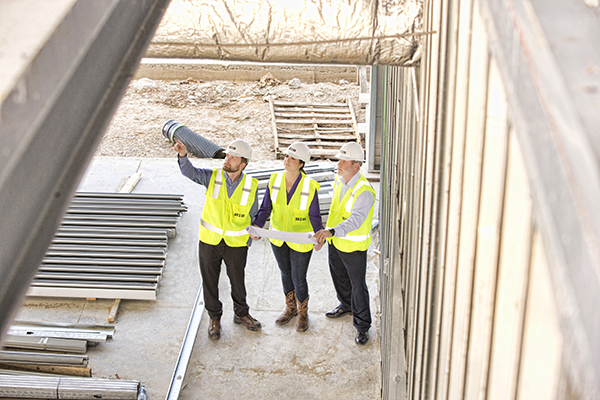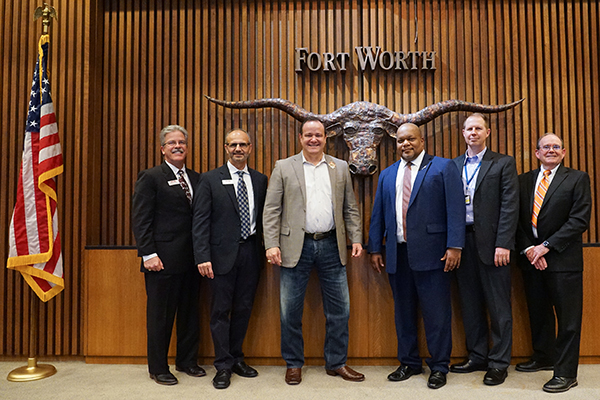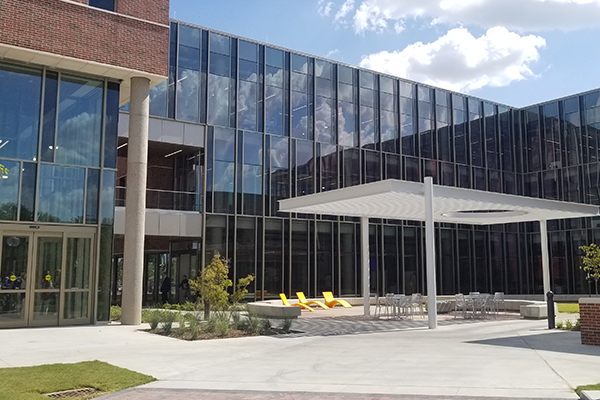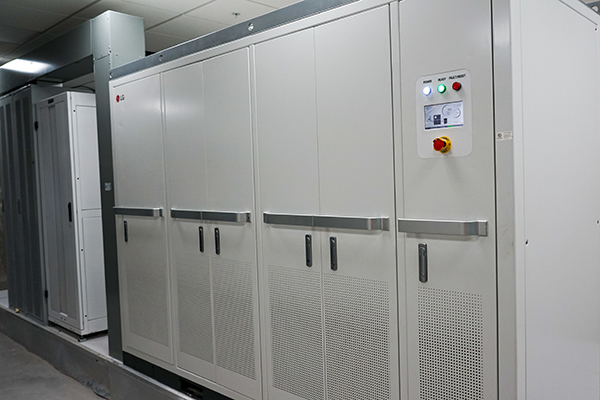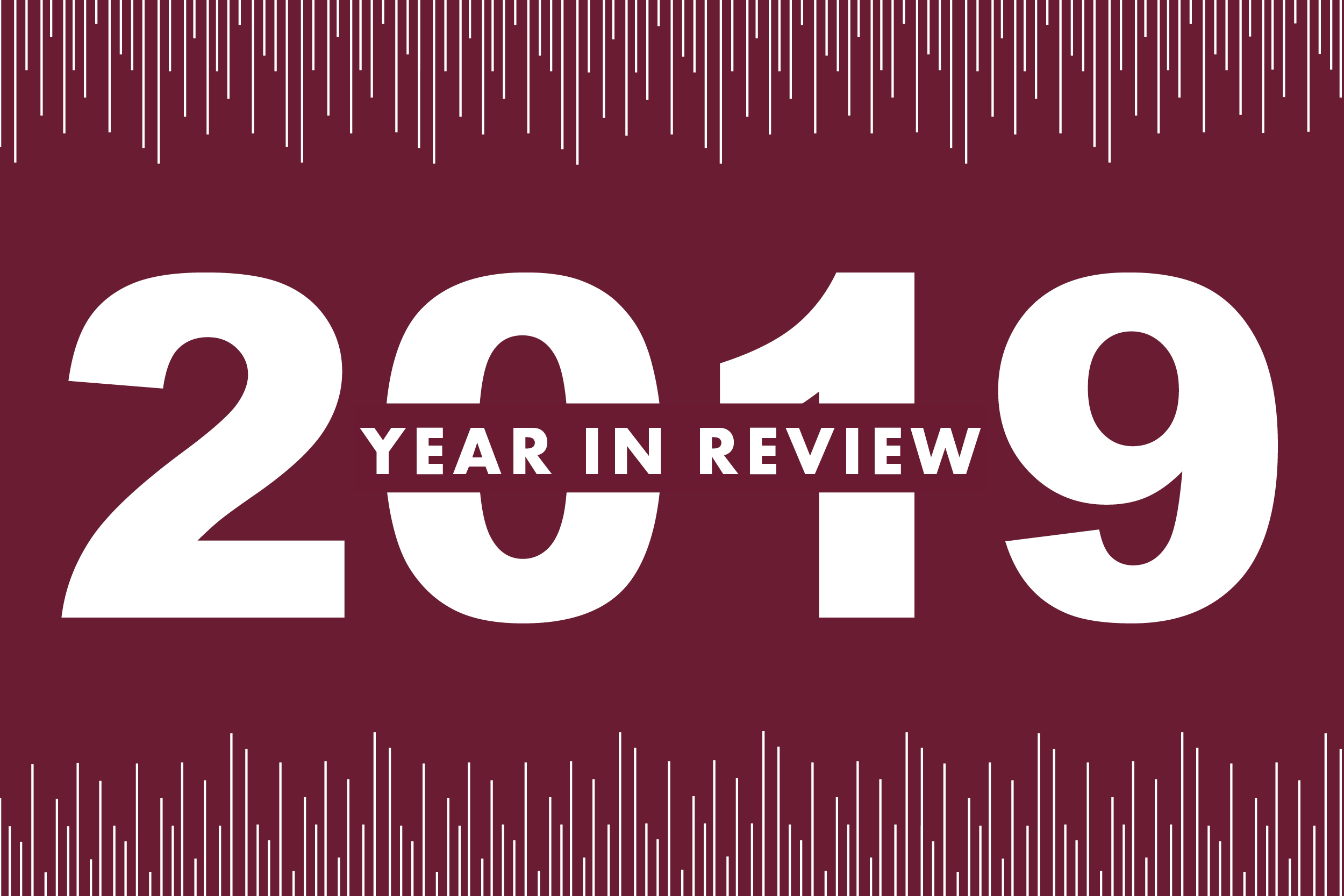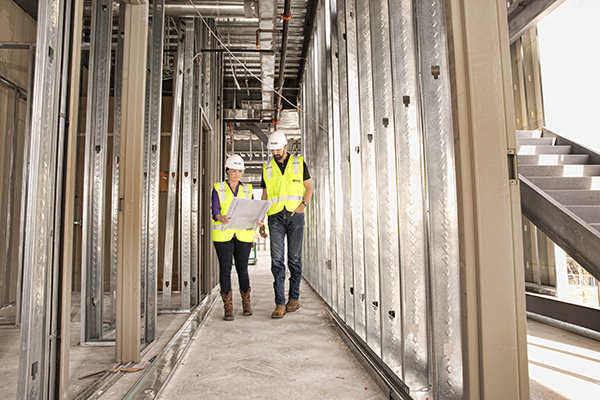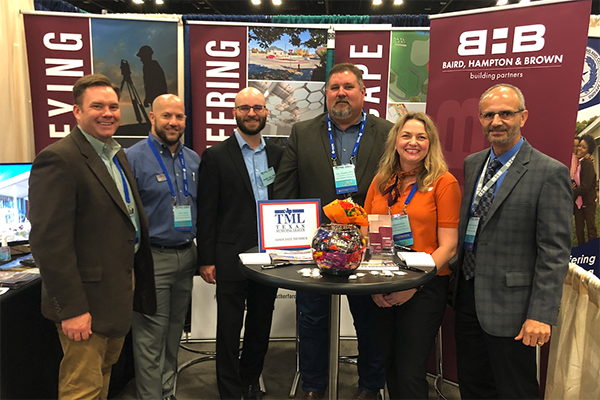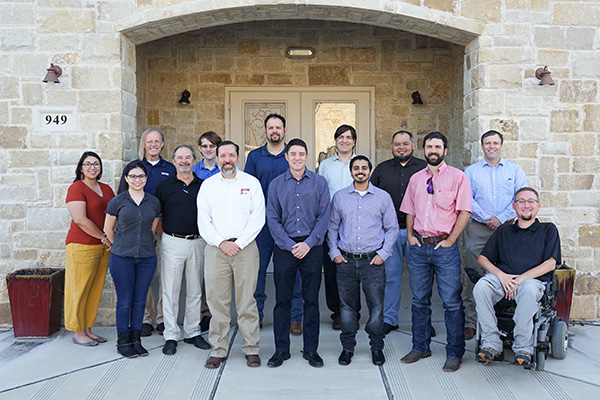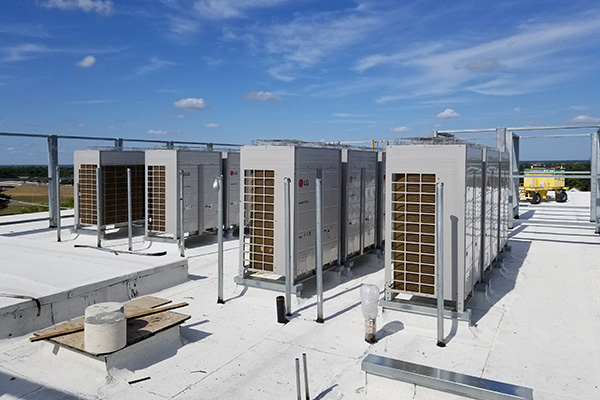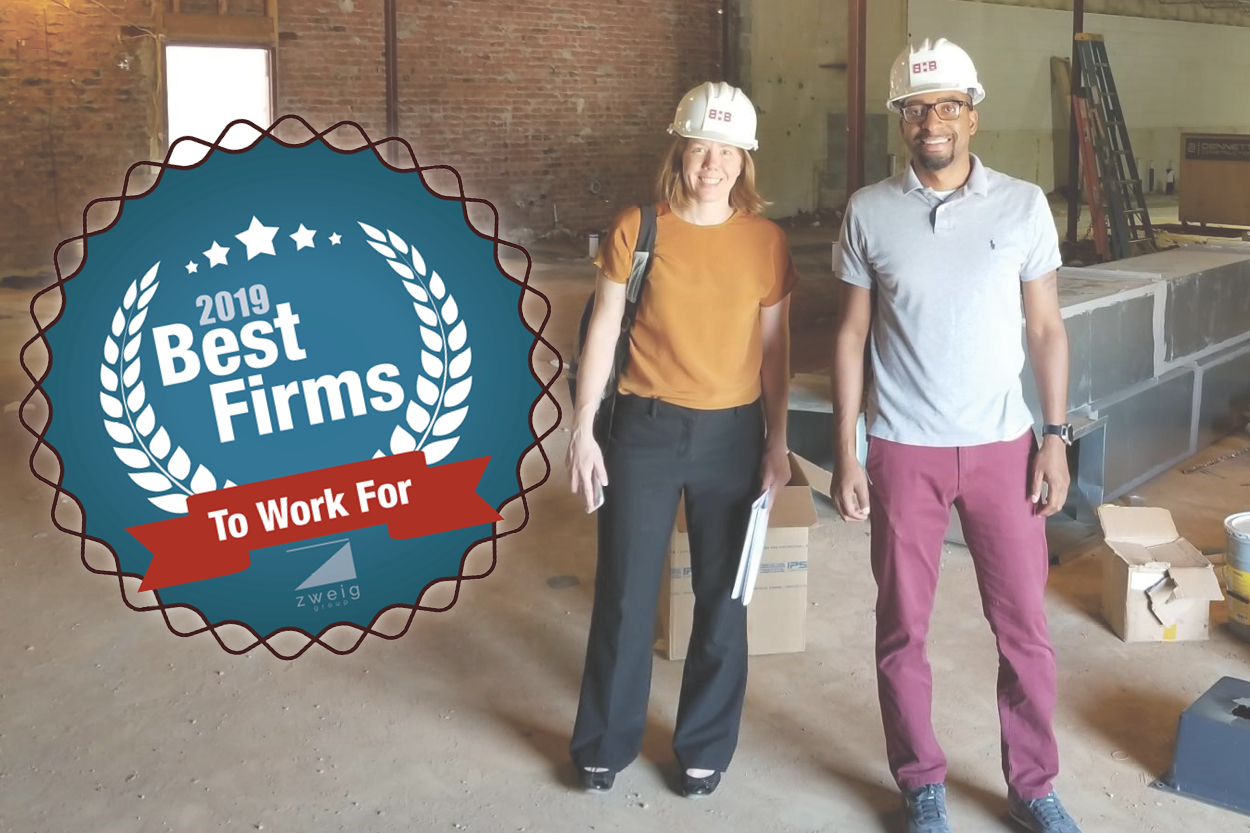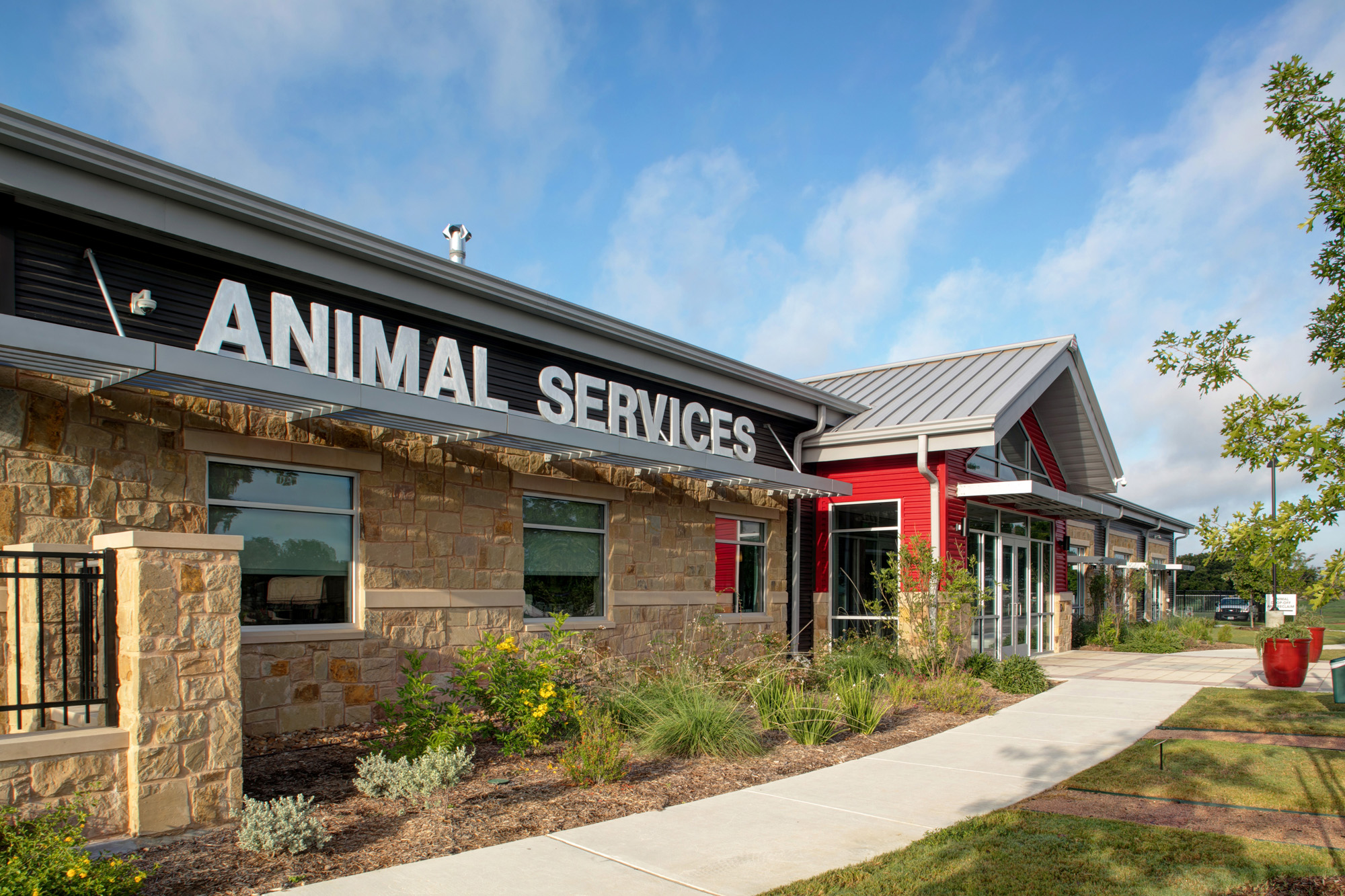During the feasibility period (typically the first 30 days) the developer has a “free look” at the property to determine if a successful project can be built. Rather than going straight to closing, many commercial real estate transactions allow for an additional option period before closing called a hard money option. These time extensions are not free and will typically cost between 1% and 10% of the full contract amount. If the property does not close, this money is not refundable.
There are many reasons why developers choose to take advantage of these option periods. For example, if no obvious red flags were discovered in the initial feasibility, there are tax incentives to not owning the real estate until construction is ready to begin; the design and permitting process for a commercial project often takes several months. More commonly, developers are buying time to resolve any engineering, planning, and zoning issues before the certainty of a project is assured.
Typically by the end of a feasibility period, our civil engineers already have land surveying complete, a site plan developed, and an opinion of the overall construction cost. Our team uses the hard money option period to specifically address any identified issues that prevent the project from being ready for permitting and construction.
Common reasons the risk of an option period outweighs closing on a property that may not be ready for construction:
- A zoning change is required since the project does not function under the current zoning standards (The seller is required to participate in this process as all applications for zoning changes must be signed by the current owner).
- Plats must be submitted and processed for approval before a building permit can be issued
- Floodplain development permits must be acquired
- TxDOT permitting must be secured for driveway access
- Off-site water and sewer extensions are required and easements must be secured
- Oil/gas/mineral lease holder approvals are required
- Geotechnical analysis must be completed to determine foundation system requirements
- Value engineering is required to make the project fit a certain budget
- The developer needs time to secure financing
The primary reason these option periods are in place is to lower the ultimate downside risk for buyers. It is better to risk the money it takes to attain an option period than to close on a property that cannot be built or financed.
BHB civil engineers bring years of experience resolving these obstacles and providing insightful information to help developers navigate this stage of the land acquisition process. If you are ready to consult with a civil engineer on your upcoming development, please contact us at mail@bhbinc.com.






